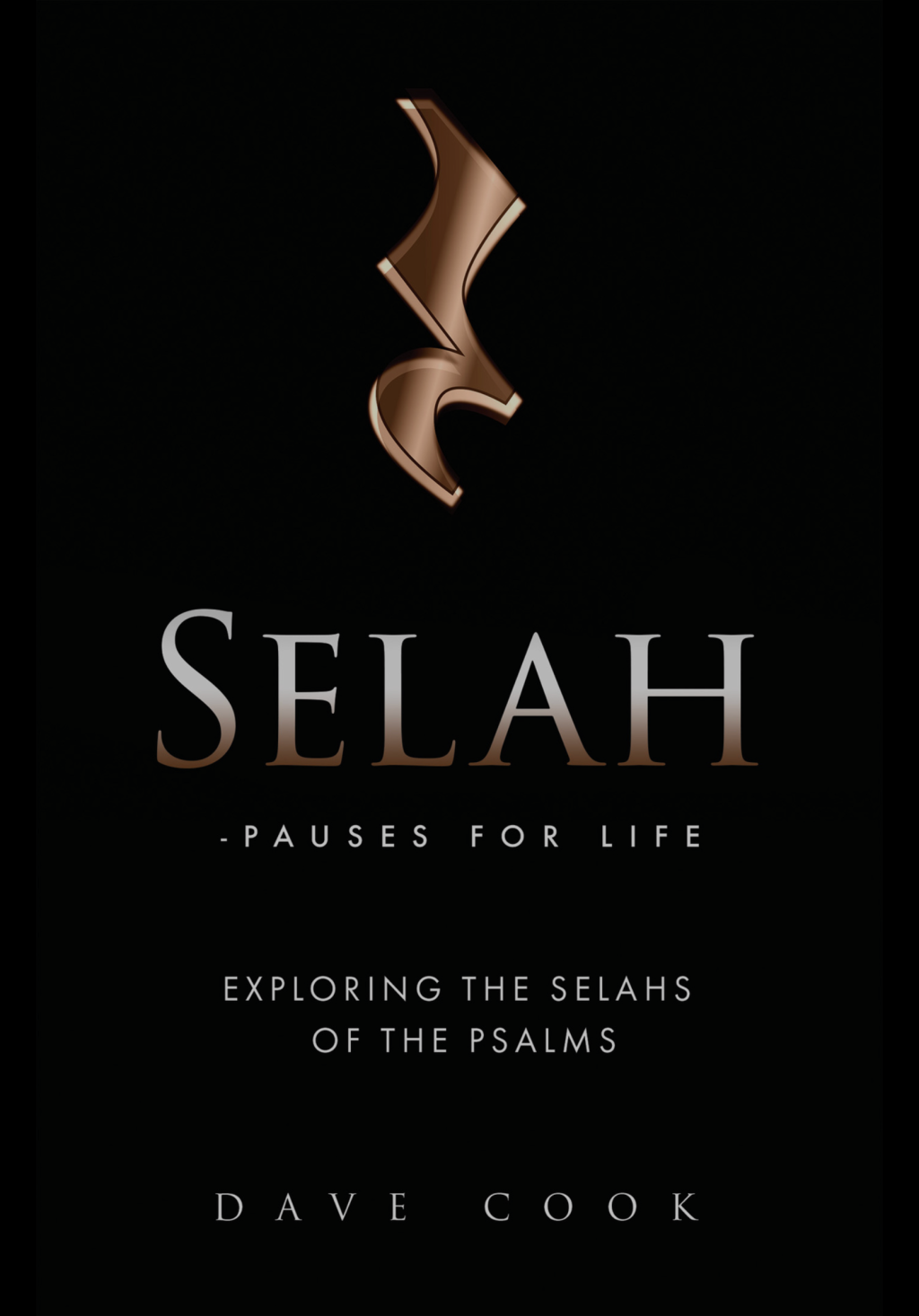Background: 2 Samuel 5:1-5; 1 Chronicles 11: 1-3
Deeper background: 2 Samuel 1-4; 1 Chronicles 10: 8-14
For thou hast been a shelter for me,
and a strong tower from the enemy.
I will abide in thy tabernacle for ever:
I will trust in the covert of thy wings. Selah.
For thou, O God, hast heard my vows:
thou hast given me the heritage of those that fear thy name.
Psalm 61: 3-5
It had been a long and bloody two years.
Saul and Jonathan had perished in a battle with the Philistines. After travelling all night, the valiant men of Jabesh removed their headless bodies from the wall of Bethshan, burnt them, buried their bones under a tree, and then spent seven days fasting – mourning their deaths.
After he heard the news in Ziklag, David also fasted and mourned for Saul, Jonathan, and the nation of Israel until the evening. At God’s direction, he went to Hebron where he was anointed king of Judah. He sent a letter commending the valiant men of Jabesh for their bravery and invited them to join him in Judah.
But Abner, the captain of Saul’s hosts, had other plans and anointed Ishbosheth – the son of Saul – king over “all Israel.” After this, Abner and some of the servants of Ishbosheth met Joab, David’s general, with some of David’s servant, at a pool in Gibeon. Abner suggested that they let the young men “play.” Joab agreed and soon a battle ensued in which Abner murdered Asahel, the brother of Joab.
The children of Benjamin (Saul’s tribe), after losing the most men in the fight, asked for a cease-fire. The battle ceased, and Abner and Joab returned to their respective corners. Although that battle was over, a “long war” persisted between the house of David and the house of Saul. During that time, the house of David grew stronger while Saul’s line weakened.
The relationship between Abner and his king, Ishbosheth, deteriorated to the point that Abner decided to defect to David and bring all of Israel with him. Abner sealed the deal with David over a huge feast and started home to prepare for the transfer of power. After Abner left, Joab returned from a battle and was furious that David had allowed Abner to leave. Without telling David, Joab called Abner back to Hebron and murdered him to avenge his brother Asahel.
David then declared another period of mourning, this time for Abner – fasting, lamenting, and weeping loudly at his grave. Ishbosheth lost courage after hearing of Abner’s death and was eventually murdered by two of his servants. After decapitating the would-be king, the servants brought his head to David, expecting a reward. They were swiftly executed and their maimed bodies were hung over the pool at Hebron.
After this bloody and traumatic two-year transition, all of Israel came to Hebron to anoint David as king, and this is where this lament poem, Psalm 61, is placed. Gloom hung over the coronation. David was now king, but the many innocent lives lost in the process grieved him deeply.
As was his habit – David cried unto the Lord. The word for “cry” in the first verse (rina – Hebrew) is different than most other places of the psalms. It does not mean “to accost” or “call out” to someone for help but rather to make a shrill sound or shout. It most likely was a cry or a scream of anguish –mourning over all the needless bloodshed.
David was also praying here. The second “cry” we see in verse two is a cry for help and he was crying “from the ends of the earth.” – it was a sorrowful cry from a very lonely place. He wanted God to listen, pay attention, and understand what he was going through.
Leadership can be a very lonely place. Rarely will everyone agree with your decisions. Some may oppose you. Others may actively work to undermine you. From what David just went through, he understood that some may even be ready to kill him if they felt it would be to their advantage. “Palace intrigue” can be a factor in some leadership positions and requires wisdom and courage to deal with it correctly. Add the stress of leading a troubled nation to knowing that your decisions – as well as your leadership style – will affect people for years and even generations, and you have the perfect recipe for emotional distress.
David said he was crying out because his heart was overwhelmed. His emotions were feeble and weak. Although he had just become the king, he was enveloped in a gloom that he could not shake, so he asked the Lord to transport him to the rock that would put him safely above his despondency. He needed a stable and safe place where he could see clearly. The gloom was keeping him emotionally chained to what he just went through with Saul as well as the “tit for tat” that had persisted even after Saul’s death. David knew he had to get above it, and live above it, or it would infect his own soul and style of leadership.
He cried to the Lord because he knew the Lord would do it. The Lord could give him the “boost” he needed to reach a higher elevation where he could see past the dark circumstances that were plaguing him. David knew God had been his shelter and strong tower, and could continue to keep him safe – emotionally, physically, and spiritually.
So he made a commitment in the Selah in verse four – right in the middle of the Psalm. He made two decisions that were the key to receiving God’s help. First – “I will abide in thy tabernacle forever.” It was a commitment to keeping his relationship with God and His people his main priority. It is so easy to let our relationship with God through Christ slip during times of gloom and stress or let “church politics” push us away from God. David’s first commitment was to stay in fellowship with God and His people through the whole ordeal of establishing his kingdom – even if it meant losing his position as king.
Second – David committed himself to seeking protection from the political turmoil by hiding under the “wings” of God. He would still have Joab and his mighty men protecting him, but David knew, ultimately, his safety would come from the Lord. Like a chick would trust his mother protecting him under her wings from predators – so David would seek the same protection from God.
Pause at this Selah for a while and consider what David was going through. Although he mourned Saul’s death, there must have also been a sense of relief that he did not have to run any more. Then, suddenly, he finds that the bloodshed, politics, and intrigue were still going on – and his man, Joab, was party to some of it! He must have thought, “When is this all going to end?”
Like David, are you going through a gloom that seems to have no end? It is overwhelming. It is exhausting. Just when you seem to be past it – it returns. Maybe it is part of a leadership position – as a pastor, a manager, a father, or a single mom. Maybe it is a chronic illness or another lingering malady. God hears and understands your cries of anguish and, though you may not sense it, He actually “pricks up His ears” when you sincerely turn to Him in prayer. When you cry to the Lord from that lonely place, He is ready to transport you to your high place – the rock that is higher than you. The rock that will elevate you above the gloom. The gloom may still be there – but you will be above its effects. You will be able to see beyond it. You will be able to see clearly and make wise decisions. You only need to do two things – through Christ, be sure your relationship with God is right and keep that relationship with Him and His people as your first priority and highest commitment. Then, when the pressure piles on, flee to Him for protection. Take refuge in the shelter of His wings.
Cry out to Him to help you overcome when you are being overwhelmed




Leave a comment